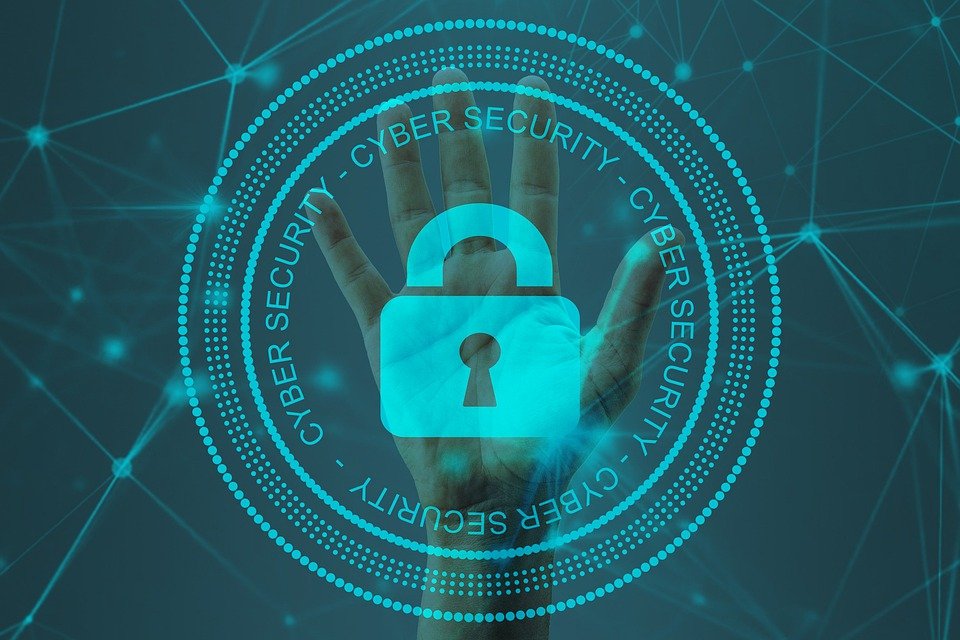The place of cybersecurity in your business.
Far from being a new threat, the cyber attacks have increased in particular since the health crisis, which contributed to the acceleration of digitization. Companies are prime targets for hackers. However, despite growing and real risks, not all or not all businesses are taking the necessary and essential cybersecurity measures to prevent these risks.
Contents
Companies threatened by cyber attacks
The threat of hackers has not spared companies and more particularly SMEs, which have become the heart of cyberattacks since the health crisis. Indeed, according to the National Information Systems Security Agency (Anssi), a 400% increase in phishing attempts has been recorded since March 2020. In addition, COVID-19 has forced companies to introduce teleworking. This organization was set up quickly and brutally. As a result, many companies have not implemented optimized IT security systems, which has caused an acceleration in cyber attacks. Indeed, according to an OpininonWay survey, there are 6 out of 10 companies that say they are little or not at all prepared to manage a cyber attack.
The different types of cyber attacks for businesses
We can distinguish two types of attacks:
- The external attacks which are due to attacks from hackers, they have the ability to hijack and destroy the company’s computer data remotely.
- Internal attacks which, on the other hand, are due to errors on the part of employees, which can lead to cyber attacks.
Of these two categories of attacks, companies are affected by recurring cyber attacks:
- Phishing: also known as phishing, phishing consists for hackers in sending fraudulent communications which are generally in the form of e-mails and which appear to be reliable. The goal for hackers is to recover confidential information such as passwords or install malware.
- Malware (malicious program): this is a technique that consists of hackers sending malware as an attachment. Once the cyber victim opens the file, the program will directly infiltrate inside the system. This program, which acts in an efficient and drastic manner, has the possibility of blocking access to network components (ransomware), installing malware, obtaining information from the hard drive, it can also interrupt certain components and make the unusable system. To repair the damage caused by malware, hackers in return demand a ransom from cyber victims.
- Man-in-the-Middle (MitM) type attacks: this is a cyber attack that involves infiltrating exchanges between two people or two computers to decode messages. Hackers filter and steal data.
The consequences of cyber attacks for businesses
Cyber attacks that businesses face have significant repercussions on the health of society and the stakes of the attacks are not sufficiently considered by businesses. It is for these reasons that it is important to be aware of the impact that a cyber attack can have on your business:
- First of all, a cyberattack can cause a slowdown in the activity of the company, even its complete paralysis. At the same time, layoffs are often considered when a loss in turnover is too great for the company.
- A financial impact is also a consequence of a cyber attack that causes significant repercussions. Indeed, in the majority of cyber attacks (in the case of ransomware), hackers demand a ransom with a generally very high sum. Additional costs are also expected to offset the damage caused by this crisis.
- In addition, an attack can also cause a loss of confidence in your company on the part of customers, employees or even your partners. In addition, the brand image and its e-reputation are also affected, because the company is no longer considered “reliable” in their eyes.
- Finally, it is important to be aware of the sanctions that can be put in place against companies in the event of non-compliance with the protection of personal data, which is a cybersecurity rule issued by the General Data Protection Regulation (RGPD ).
How to prevent cyber threats for businesses?
An exponential number of companies are subjected to cyber attacks, the majority of them are deprived of and are not ready to receive such attacks. It has therefore become essential for all companies, regardless of their turnover and their workforce, to implement cybersecurity solutions to prevent possible cyberthreats, but also to mitigate attacks that spare no business. We therefore offer you simple and effective cybersecurity measures to put in place in your company:
- Dedicate a secure and locked room to store computer equipment and appoint a person in charge for this space.
- Regularly updating software, setting up the automatic update solution may be relevant.
- Regularly organize long-term training on cybersecurity in order to prevent a possible cyberattack due to human error. A contingency plan in the event of an attack must also be organized.
- Set up systems to protect company information with the development of so-called “strong” passwords which include at least 8 characters including upper case, lower case and so-called special characters.
More technical solutions are also to be taken to equip oneself effectively against cyber attacks:
- There are more and more insurance offers for cyber attacks on businesses. Indeed, insurers offer so-called “cyber protection” contracts which are reserved for this type of risk.
- Calling on experts to carry out audits of the state of your company’s cybersecurity allows you to have an expert opinion and, following its conclusions, to be able to set up operational solutions.
- Opting for agencies specializing in the cybersecurity sector would ensure the physical and IT protection of your business.


